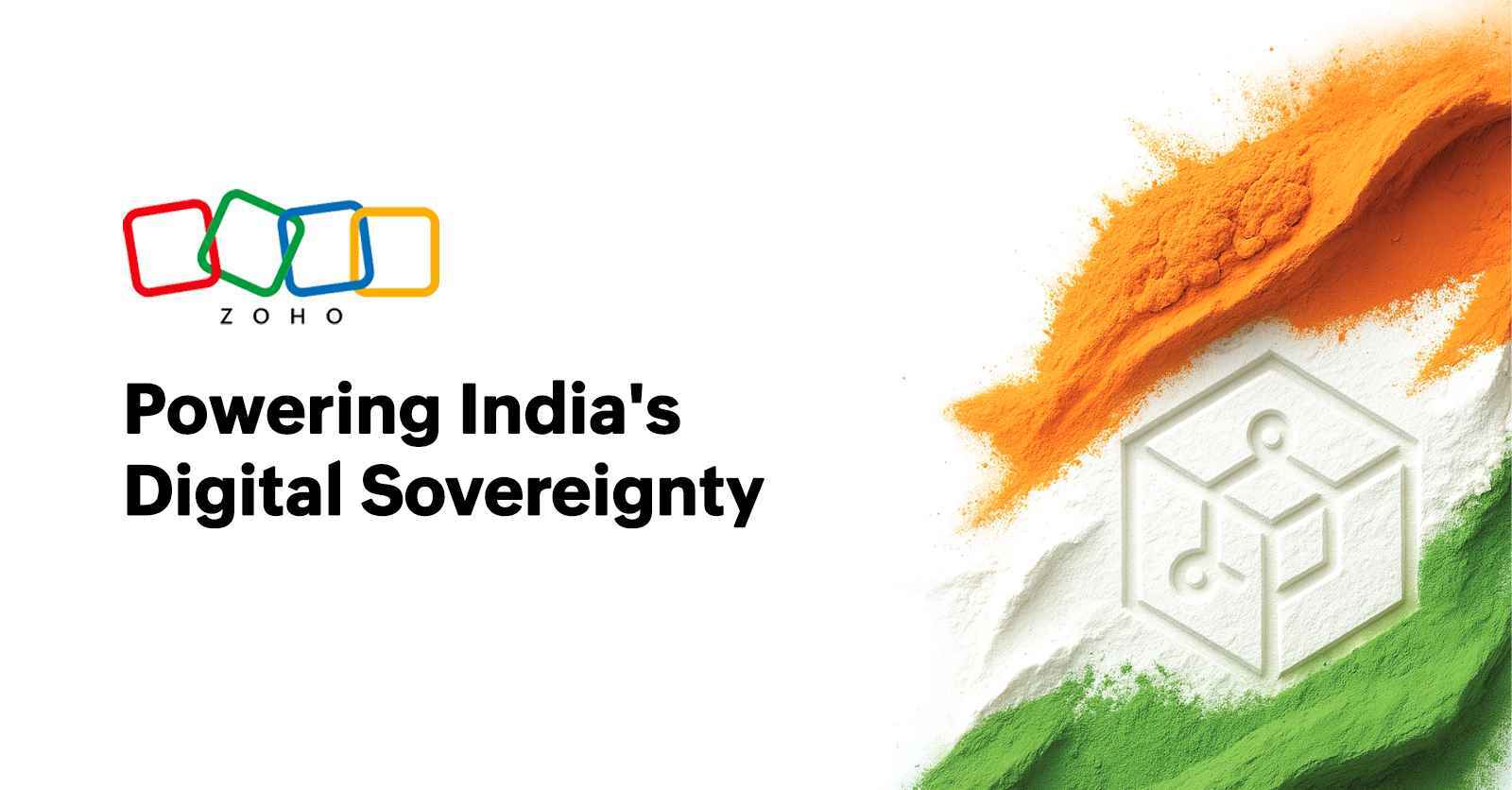India's Digital Sovereignty: How Government Adoption of Zoho Signals a New Era of Indigenous Innovation
What does it mean for a nation to own its digital future? As India advances toward digital sovereignty, institutional adoption of indigenous platforms—such as Zoho—represents more than a procurement decision. It can reflect a broader strategic emphasis on data control, local innovation, and national capability building.
Why this matters for your business
Organizations today must balance operational efficiency, security, and strategic independence. When government bodies and public institutions adopt local platforms, it validates the maturity of native engineering and can influence procurement, interoperability, and trust across sectors.
Zoho, founded in the late 1990s and used by millions of customers worldwide, demonstrates that enterprise-grade software can originate from India and scale internationally while meeting global security and compliance expectations.
The deeper implications of digital independence
Digital sovereignty extends beyond data residency. It encompasses the capacity to develop, customize, and govern the software that powers critical services.
Digital sovereignty beyond data residency
Controlling your technology stack means having influence over architecture, integrations, and feature roadmaps—especially in a cloud-first world. Platforms built with local context often provide more relevant defaults, localization, and compliance support.
Validating local innovation
Institutional adoption signals confidence in domestic research and development. That recognition encourages enterprises to evaluate indigenous options and can accelerate a healthier, more competitive local software ecosystem.
Economic and strategic benefits
Investing in local platforms can foster job creation, reduce vendor lock-in risks, and improve responsiveness to regional regulatory changes. For businesses, advantages may include closer support, faster prioritization of market-specific features, and predictable total cost of ownership.
Zoho's comprehensive business solution
Zoho offers an integrated suite spanning customer relationship management, project and financial management, collaboration, and low-code application development. A unified platform reduces integration overhead and simplifies data flows across functions.
Explore specific modules and resources:
- Zoho CRM overview
- Zoho Projects for team collaboration
- Zoho Books for financial management
- Zoho Cliq for workplace messaging
The path forward: strategic technology choices
Technology selection is a strategic decision. Institutional validation—backed by security assessments, compliance reviews, and operational performance—can provide additional confidence for enterprises evaluating a platform change.
Key considerations for business leaders
- Integration capabilities: Evaluate API completeness, middleware, and connectors.
- Scalability: Confirm performance benchmarks and growth limits.
- Local support: Prioritize vendors offering responsive, regionally aware services.
- Innovation pipeline: Assess product roadmaps and frequency of updates.
- Total cost of ownership: Consider long-term licensing, customization, and support costs.
Making the transition: expert guidance available
Enterprise software deployments benefit from structured planning, technical governance, and change management. Creator Scripts provides services to help organizations assess platform fit, migrate data, integrate systems, and train teams.
Our services include:
- Strategic assessment and platform planning
- Custom application development using low-code tools
- System integration and data migration
- Training and adoption programs
- Ongoing optimization and support
Looking ahead: the future of Indian enterprise technology
India's enterprise technology ecosystem is maturing rapidly—advancing product design, customer experience, and engineering depth. For leaders committed to national capacity building and resilient operations, considering indigenous solutions is increasingly strategic.
Government and institutional endorsement can accelerate market confidence, but enterprise decisions should be driven by technical fit, security, and long-term business objectives.
What role will your organization play in shaping India's digital future?

